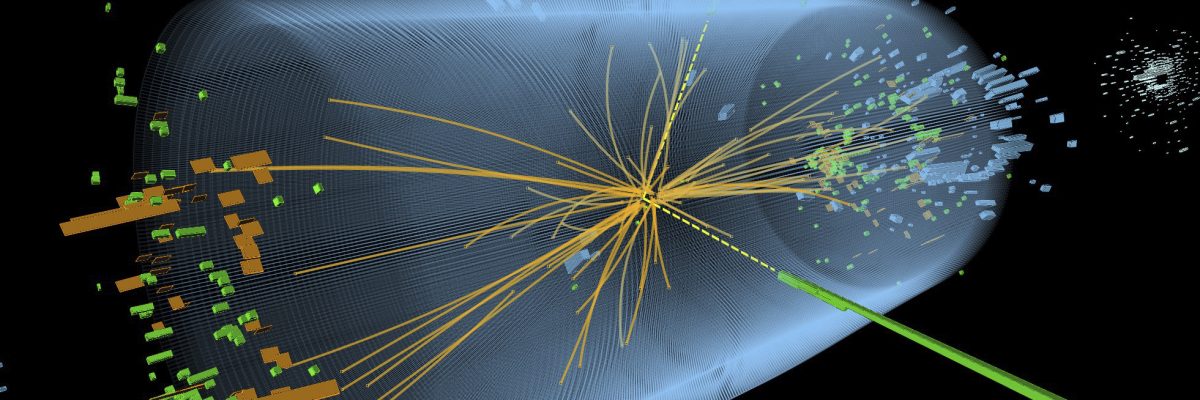The U.S. contributed about a third of the original CMS detector: the forward pixel system (FPIX), the tracker outer barrel (TOB), the hadronic barrel calorimeter (HB), and the forward/end-cap muon chambers (ME). In addition, U.S. CMS groups provided the front-end electronics and trigger electronics for the full Hadronic Calorimeter (HCAL) and ME systems as well as the DAQ hardware for the HCAL and ME.
As the host laboratory for U.S. CMS physicists, Fermilab led the U.S. contributions to the construction of the original CMS detector, now manages the Operations Program and ongoing upgrades to the CMS detector.
Major funding for the U.S. CMS contributions, operations and research programs comes from the U.S. Department of Energy. The National Science Foundation (NSF) also supports several U.S. institutes working on the CMS project; this funding was previously managed through Princeton University and is currently handled by Cornell University.
The current US CMS collaboration Chair is Robin Erbacher (University of California, Davis) and the Deputy Chair is Sudhir Malik (University of Puerto Rico-Mayaguez).
The current US CMS program manager is Lothar Bauerdick (FNAL).
The USCMS upgrade project is managed by Steve Nahn (FNAL) with Vaia Papdimitrou (FNAL) and Anders Ryd (Cornell U) as deputies.

